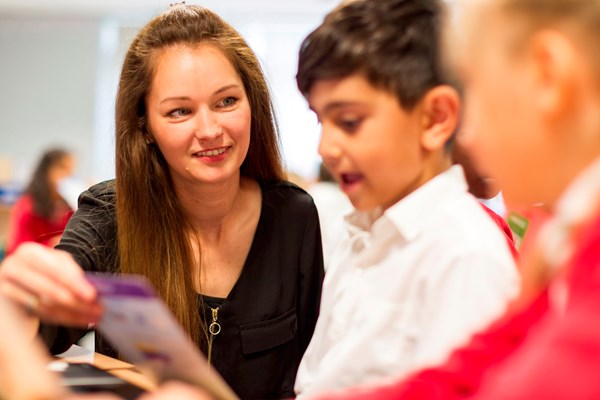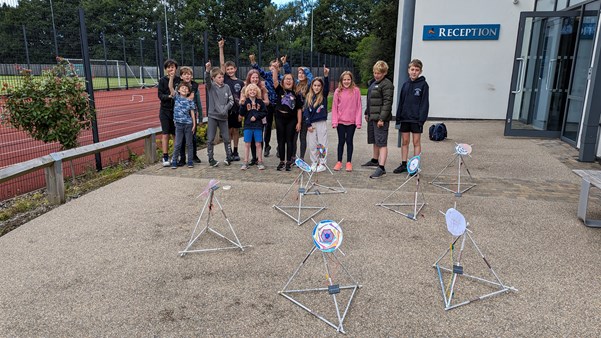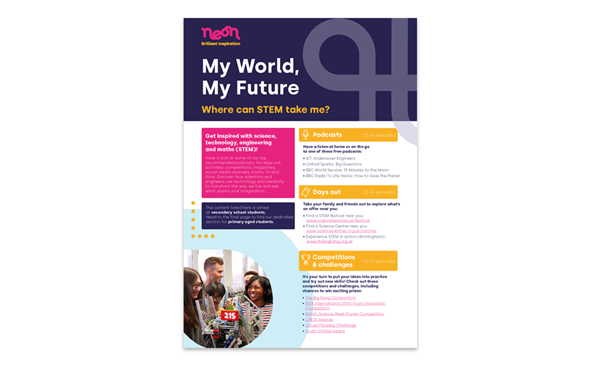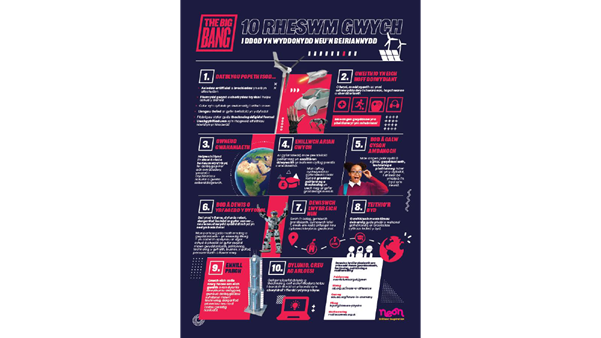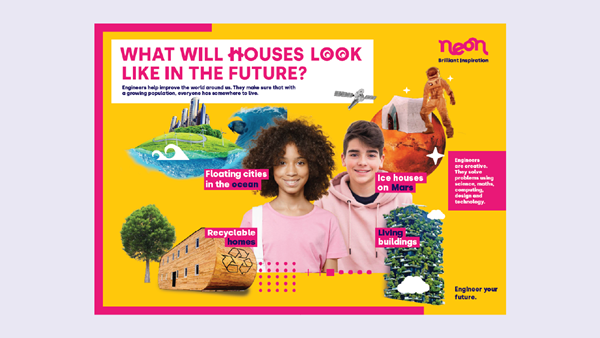With a sustainability focus, pupils are introduced to the urban farming movement which brings crops into our towns and cities, repurposing underutilised urban spaces, reducing food miles and connecting people to the food they eat within their communities.
They are encouraged to think about how the choices they make directly impact the world around them and how technology, in the form of controlled environment farming, can bring about new ideas and new approaches. They are introduced to microgreens as an increasingly popular crop choice that is particularly suited to anything from a windowsill to large scale commercial production. The microgreens are fast growing allowing them to witness the full growing cycle from seed to plate in 7 to 10 days.
As well as assembling the physical indoor greenhouse from a kit of parts and fitting it with various electronic components, pupils use Microsoft MakeCode to block code sensors and actuators that allow them to collect environmental data whilst their greenhouse automatically responds to the needs of their crop.
Throughout the workshop pupils are assigned roles within their teams that encourage them to think about their skills and how these might relate to future career aspirations or opportunities in STEM.
Location and cost
Available to classes of 5 to 30 students, in primary schools in Wales.
£749.

